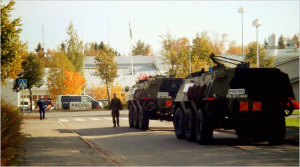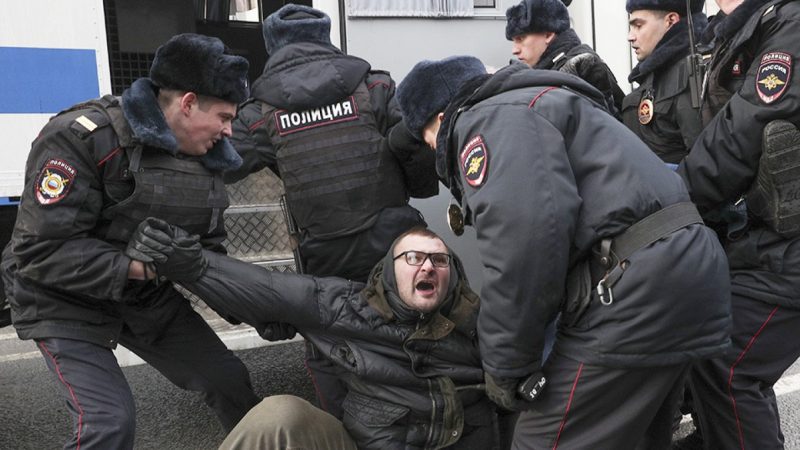By: Anthony B. Emmi
Impunity Watch Staff Writer
STRASBOURG, France – On September 17th, 2020, the European Court of Human Rights (ECHR) issued judgment on the case of Kotilainen v. Finland. The ECHR held that Finnish authorities violated Article 2 (right to life) of the European Convention on Human Rights (the Convention) when they failed to seize a school shooter’s firearm, which he later used to kill nine students and one teacher on September 23, 2008.

The Court’s decision expands on previous case law regarding the obligation of authorities to protect identified persons’ rights to life by creating a general duty of protection. Nineteen relatives of the victims brought the case before the ECHR with the goal of holding the state accountable for allegedly failing to perform their due diligence to protect the lives of the deceased.
Section 92 of Finland’s Firearms Act allows police to seize at will the firearms of people suspected of misusing them. In 2010, domestic courts dismissed a claim of negligent dereliction of duty against the Detective Chief Inspector who interviewed the shooter, Matti Saari, the day before the shooting. Saari had posted troubling material online, including a comment attached to a video of the Columbine High School shooting, which stated, “entertainment as its best.”
The ECHR approached the case from two standpoints: one of the state’s duty to protect lives; and, two the state’s duty of diligence in the protection of public safety. On the duty to protect lives, the Court found that the evidence available to the police at the time did not demonstrate that Saari posed any immediate or specific risk. Thus, the police did not incur a duty to protect the specific lives of those who were killed.
However, the ECHR did find that the state failed to perform its duty of diligence in the protection of public safety. The 6-1 decision turned on whether it would have been reasonable for the authorities to seize the firearm given the circumstances and the inherent risk that a firearm poses to life. The Court stated that because seizure of the firearm would not have interfered with other articles under the Convention, and doubt surrounded Saari’s fitness to own a firearm, the police reasonably could have seized the firearm as a precaution. In failing to do so, the state did not exact its duty of diligence to protect public safety and violated Article 2 of the Convention. On this matter, the Court awarded approximately EUR 30,000 to the household of each applicant, as well as court expenses.
Judge Eicke was the dissenting member of the court. He reasoned the majority had applied a more general standard of due diligence, which extended beyond the duty of protection to specific individuals. He further argued that this decision created the possibility of “regulatory overreach,” which could make it difficult for authorities to comply while comporting with due process. Judge Eicke noted that compliance with this decision may require authorities to continuously supervise those persons licensed to own a firearm in the state.
For further information, please see:
European Court of Human Rights – Case of Kotilainen and Others v. Finland – 17 Sept. 2020
UUTISET – ECHR: Finland violated “right to life” of 2008 school shooting victims – 17 Sept. 2020
UUTISET – Charges Dismissed in School Shooting Case – 29 Jan. 2010

